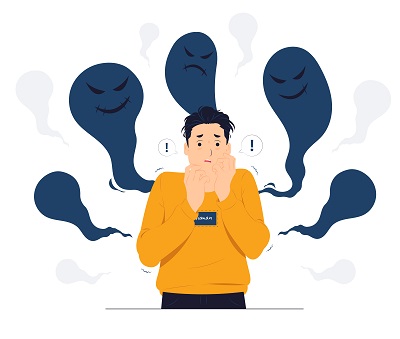Treatment of Schizophrenia
Early diagnosis and intervention are the key.
Most people with schizophrenia are not conscious that they need to be in therapy.
Because of this, it is usually left to friends or family to get help and take the sufferer to a mental health facility.
Positive outcomes for patients with schizophrenia depend heavily on identification and treatment.
Complete recovery from schizophrenia is more difficult if treatment is not received for several years.
The most common medications used in the treatment of schizophrenia are antipsychotics. By altering the brain’s dopaminergic neurotransmitter, they reduce symptoms.
Medication is usually enough to keep schizophrenia under control. Nonetheless, in certain circumstances, hospitalization and electroconvulsive therapy (ECT) are necessary to treat medical symptoms.

